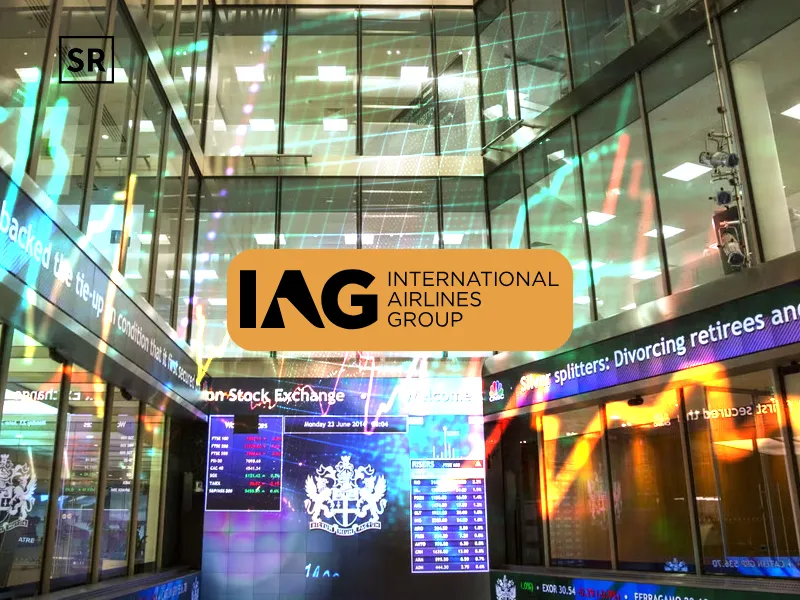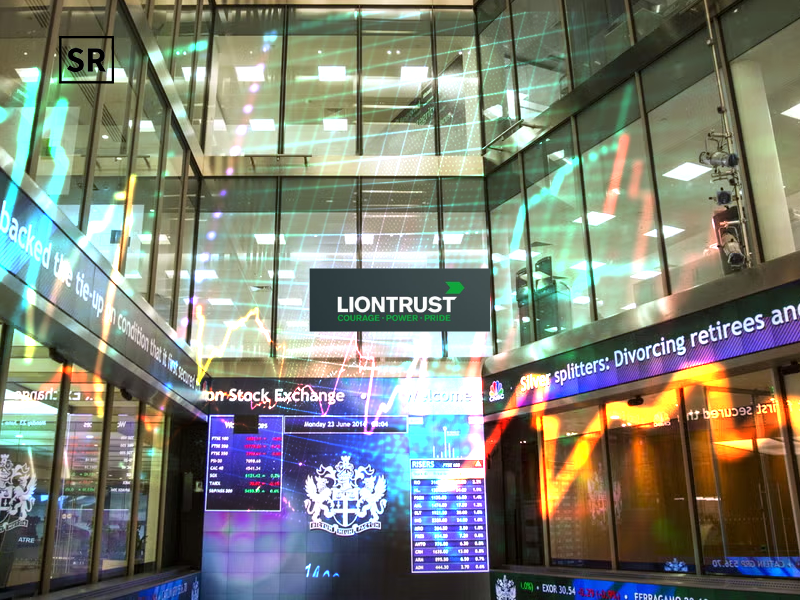What the Alternative Investment Market (AIM) and it Works?
Jul 9, 2025 | By Kailee Rainse

The Alternative Investment Market (AIM) is a sub-market of the London Stock Exchange (LSE) that was launched in 1995 to help smaller, growing companies raise capital and gain access to public investment. AIM has simpler and more flexible rules compared to the main London Stock Exchange. This makes it a good choice for new and fast-growing companies that might not yet meet the stricter rules of the main market.
AIM also has fewer reporting requirements and an easier process to join, which helps companies raise money faster and with lower costs. Despite its relaxed rules, AIM is regulated by the LSE and requires companies to appoint a Nominated Adviser (Nomad) to ensure ongoing compliance. AIM has become a popular platform for both UK-based and international companies seeking growth capital while maintaining a public listing.
What Is the Alternative Investment Market (AIM)?
The Alternative Investment Market (AIM) is a stock market in the UK, operated by the London Stock Exchange, designed for smaller and growing companies. It was created in 1995 to help these businesses raise money from investors more easily. AIM offers a more flexible set of rules compared to the main stock market making it easier and cheaper for companies to join and stay listed. This makes it especially attractive to startups and businesses in early growth stages. Companies on AIM can access public investment while still having fewer regulations to follow, but they must work with an approved adviser, called a Nominated Adviser (Nomad), to make sure they meet the market’s standards.
How Alternative Investment Market Works?
The Alternative Investment Market (AIM) is a part of the London Stock Exchange that helps smaller and growing companies raise money by selling shares to investors. It is cheaper and more flexible than the main market making it easier for young businesses to join.
Know How AIM Works:
- Joining AIM:
To join AIM, a company needs a special adviser called a Nominated Adviser (Nomad). The Nomad helps the company get ready for listing and makes sure it follows all the AIM rules. - Listing Shares:
After approval, the company shares are listed on AIM. This means people and investment firms can buy the shares giving the company money to help it grow. - Staying Listed:
Once listed, the company must follow some basic rules like sharing financial updates and news. The Nomad continues to help and checks that the company follows these rules. - Trading Shares:
Investors can buy and sell AIM company shares through brokers, just like on the main market. But since many AIM companies are still small, their share prices can go up and down more often.
AIM and the Nomads
The Alternative Investment Market (AIM) and Nominated Advisers (Nomads) are closely related but serve very different roles:
AIM is a stock market operated by the London Stock Exchange. It is designed for smaller and growing companies to raise capital with fewer rules and lower costs compared to the main market. AIM provides a platform for companies to list their shares and attract investors.
Nomads are firms or advisers approved by the London Stock Exchange to guide companies on AIM. They help businesses meet the rules for joining AIM and ensure ongoing compliance after listing. Every company on AIM must have a Nomad.
Difference Between LSE and AIM
The London Stock Exchange (LSE) and the Alternative Investment Market (AIM) are both markets operated by the LSE Group, but they serve different types of companies and have different rules:
1.Type of Companies
LSE (Main Market): Designed for large, well-established companies with a proven track record.
AIM: Focused on smaller, early-stage or high-growth companies that may not meet the strict requirements of the main market.
2. Regulatory Requirements
LSE: Has strict regulatory standards, including detailed financial disclosures, corporate governance rules and higher entry barriers.
AIM: Offers a more flexible regulatory framework with lighter reporting requirements and a simpler listing process.
3.Listing Process
LSE: More complex and expensive, requiring a full prospectus and approval by the UK Listing Authority (UKLA).
AIM: Less expensive and faster, with fewer formal requirements and guidance provided by a Nominated Adviser (Nomad).
4.Investor Type
LSE: Attracts institutional investors looking for stable, lower-risk investments.
AIM: Appeals to investors willing to take on more risk in exchange for higher potential returns.
5.Supervision
LSE: Regulated by the UK Financial Conduct Authority (FCA).
AIM: Regulated by the London Stock Exchange itself, with Nomads ensuring companies meet ongoing obligations.
Conclusion
The Alternative Investment Market (AIM) plays a vital role in supporting smaller and fast-growing companies by providing them with easier access to public investment. With its flexible rules, lower costs, and the support of Nominated Advisers (Nomads), AIM allows businesses to raise capital and grow without the heavy regulations of the main market. While investing in AIM-listed companies may involve higher risks due to their early-stage nature, it also offers the potential for higher returns. Overall, AIM is a valuable platform that bridges the gap between private growth and public investment.


 Follow us
Follow us Follow us
Follow us















